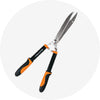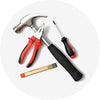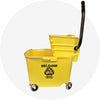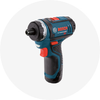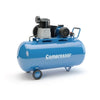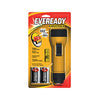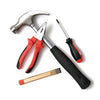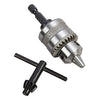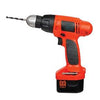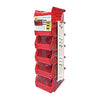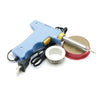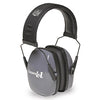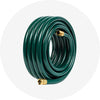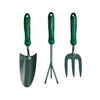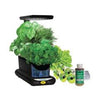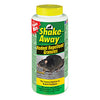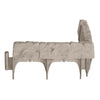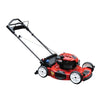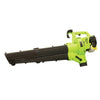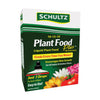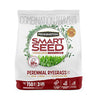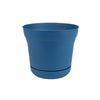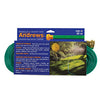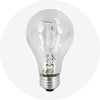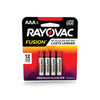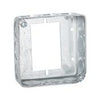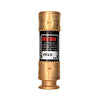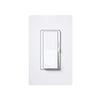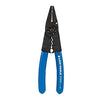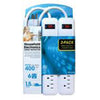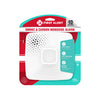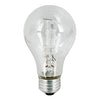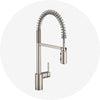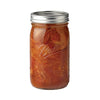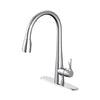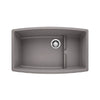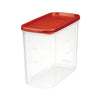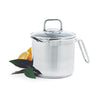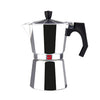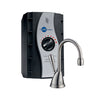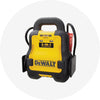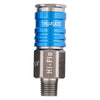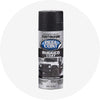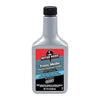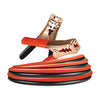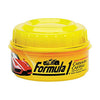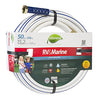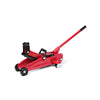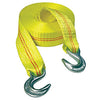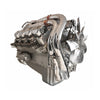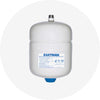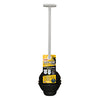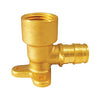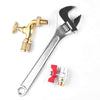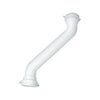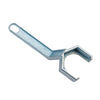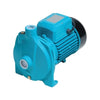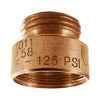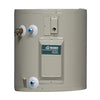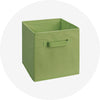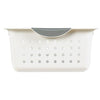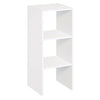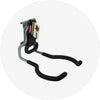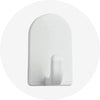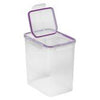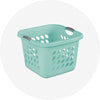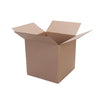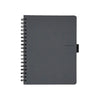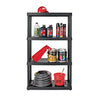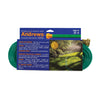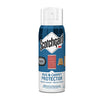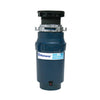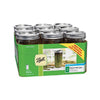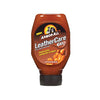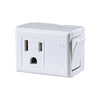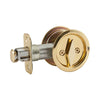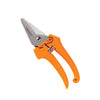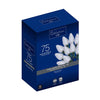A Guide to Finding the Ideal Garden Sprayer for Your Home!
∙ min read
Raising a vegetable garden is not as simple as it might seem. If you plant seeds and water the growing vegetation, your harvest may be diminished by pests and weeds. Lack of fertilizer may also reduce your potential gain. Gardeners who wish to grow the best crop possible must use a chemical sprayer to apply fertilizers, herbicides, and pesticides.
Because there are various devices available, choosing the best garden sprayer is not always straightforward. Consider six questions to direct you to your optimal gear.

1. What Is the Purpose of a Garden Sprayer?
Many of the chemicals that gardeners apply to their plants come in concentrated forms. Treating vegetation with undiluted solutions could be fatal. Garden sprayers help budding horticulturists to apply the proper ratio of chemicals and water to individual plants. In some situations, a weed sprayer may be used to kill unwanted vegetation in ample space, such as a yard.
Most sprayers are designed to treat only the desired areas; this minimizes waste and prevents unintentional treatment of other organisms nearby. Sprayers, therefore, come in different sizes and often feature multiple types of nozzles.

2. How Should You Spray Your Garden?
Chemicals such as fertilizers, herbicides, and pesticides must be handled carefully. Treating plants too often or not often enough may affect their future yield. Additionally, you must be sure the chemicals you use are compatible with your plants and that they are diluted according to the manufacturer's instructions. Finally, be sure to rinse sprayers out after each use and dedicate separate sprayers to specific chemicals.
In general, plants should be treated about every ten days or so. Most pesticides and insecticides should be lightly sprayed over the entire plant, while fertilizers are generally applied to the soil. Avoid spraying right before it rains so that the chemicals can have their full effect.

3. What Are the Different Types of Sprayers?
There are four main kinds of sprayers, though only three are generally used for typical garden plants. One of the most popular options is known as a pump sprayer. These products use a pump to build up pressure inside a container so you can easily spray its contents. Pump sprayers come in various sizes and feature different types of nozzles and wands.
Another great choice is a hose-end sprayer, which fastens onto your garden hose. These containers cleverly combine the concentrated chemical with water for you. Trigger sprayers are less potent than pump and hose-end sprayers because they do not utilize water pressure or air pressure to spray their contents. However, thanks to their often small size, trigger sprayers enable you to treat particular spots.
If you have fruit or nut trees, you may find yourself needing a fourth type of sprayer known as a slide sprayer. These products can shoot chemicals much farther than any of the sprayers mentioned above.

4. How Big Is Your Garden?
To narrow down your options, first, consider how many plants you will be treating this season. For example, if you are raising just a few tomato plants, a trigger sprayer may work nicely. On the other hand, more extensive gardens may call for pump sprayers. Small pump sprayers like Home Plus's 48-ounce Sprayer Pump hand-held pump sprayers are lightweight and easy to pressurize, making them ideal for medium-sized gardens.
For bigger plots of land, try Chapin's Horticultural Vinegar Adjustable Spray Tip handheld sprayer or Scotts's two-gallon Tank Sprayer. These products may be somewhat heavy, but they don't need to be filled up as often. If pumping your sprayer becomes tiresome, there are even electric sprayers like the Fountain Head Group Universal Power Sprayer that require no pumping.

5. How Many Different Types of Plants Do You Have?
If you have various plants that range in size from small patches of herbs to sprawling sections of melon vines, you may wish to invest in a garden sprayer that accommodates these differences. For example, Chapin offers a two-gallon Wand Tank Sprayer that has an adjustable nozzle. This device can therefore be modified to suit various sizes of plants.
6. How Easily Can You Access Your Plants?
If your garden is small to medium-sized and close to your home, you may wish to opt for a hose-end sprayer like Ortho's Dial N Spray Hose End Sprayer. While their attachment somewhat limits these products to a hose, they handle the mixing and diluting of your chemicals. Additionally, you don't have to use all of the concentrated solutions you pour into the container. Because it isn't diluted until it is about to be sprayed, you can save any leftovers.

At Max Warehouse, we offer a variety of sprayers to meet the unique needs of horticulturalists of all kinds. Whether you need a controlled trigger sprayer or a far-reaching lawn sprayer, we have you covered. Check out our online selection today or give us a call at 1-800-210-0132.
Shop Your Garden Sprayer Today
